In the first 6 months of this year, the whole country had 78,024 workers working abroad, reaching 62.4% of the yearly plan. Japan is the leading market receiving Vietnamese workers.
At the conference to review the information and propaganda work on sending workers to work abroad in the first 6 months of the year and orientation for the last 6 months of 2024, held on June 20, in Hanoi, Mr. Pham Viet Huong - Deputy Director of the Department of Overseas Labor Management (Ministry of Labor - Invalids and Social Affairs) - said: From the beginning of the year to June 19, the whole country had a total of 78,024 workers going to work abroad, reaching 62.4% of the yearly plan (the whole year set a target of 125,000 workers).

Japan, Taiwan (China), and South Korea are the three main markets receiving a large number of Vietnamese workers in the first 6 months of 2024. Of which, Japan leads with 40,597 workers (more than 15% female), bringing the total number of Vietnamese trainees in Japan to more than 300,000 people.
Taiwan (China) with more than 27,000 people. The total number of Vietnamese workers in this market up to now is more than 280,000 people, most of whom work in the manufacturing and construction sectors...
Next is the Korean market with more than 5,500 workers. Workers going to Korea mostly follow the Korean Government's foreign worker permit program (EPS Program) and technical labor cooperation under the E7 visa with a working term of over 5 years.
In 2024, Korea has allocated a quota to recruit nearly 10,000 workers to work in the manufacturing industry (not including industries such as agriculture, fisheries, construction, etc.). This year is different from the past 12 years, the number of workers registering for the Korean language test has increased dramatically.
In the coming time, the authorities will continue to increase information on the needs and situation in labor receiving markets; strengthen warnings and prevent fraud in sending workers to work in some markets and industries with high recruitment needs, such as sending workers to Australia (expected to need to recruit about 1,000 workers in the agricultural sector), to work in Korea (in the service sector under E9 visa) ...
Source



![[Photo] Prime Minister Pham Minh Chinh receives delegation of leaders of US universities](https://vstatic.vietnam.vn/vietnam/resource/IMAGE/2025/3/31/8be7f6be90624512b385fd1690124eaa)

![[Photo] 2nd Conference of the Party Executive Committee of Central Party Agencies](https://vstatic.vietnam.vn/vietnam/resource/IMAGE/2025/3/31/8f85b88962b34701ac511682b09b1e0d)

![[Photo] Ministry of Defense sees off relief forces to the airport to Myanmar for mission](https://vstatic.vietnam.vn/vietnam/resource/IMAGE/2025/3/30/245629fab9d644fd909ecd67f1749123)
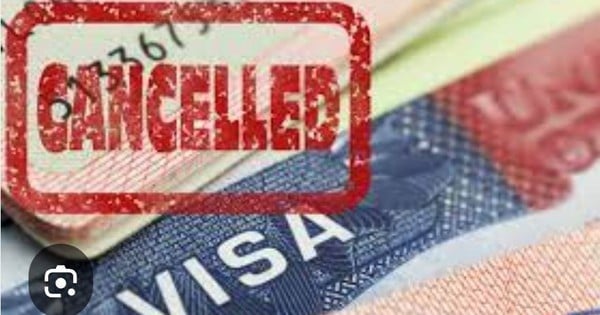



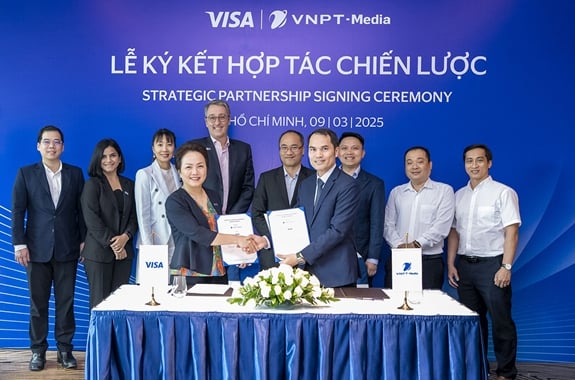

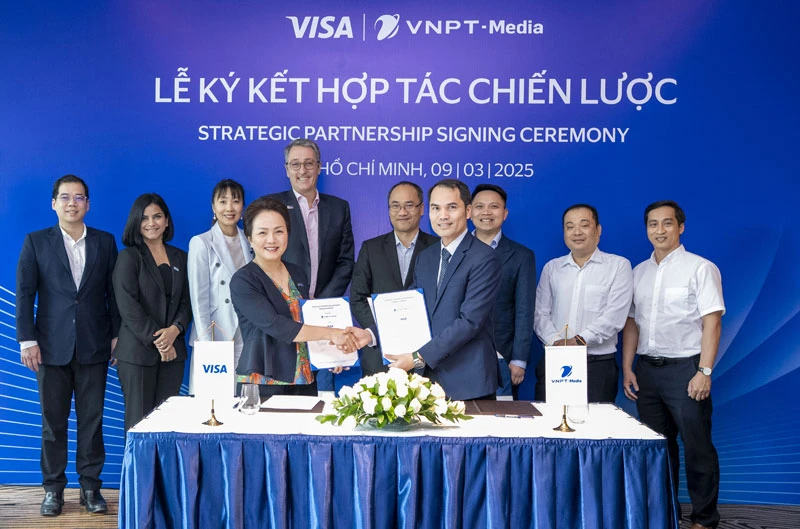

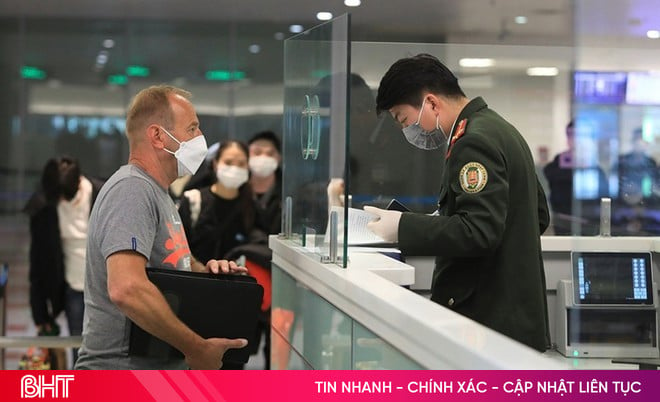

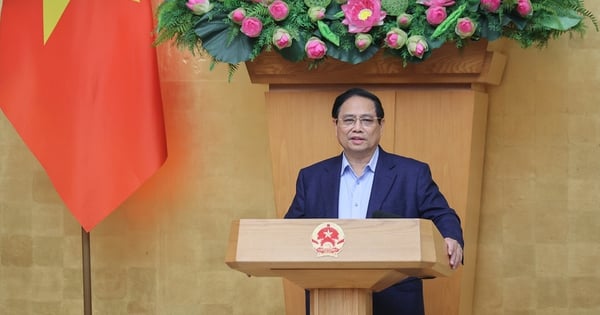



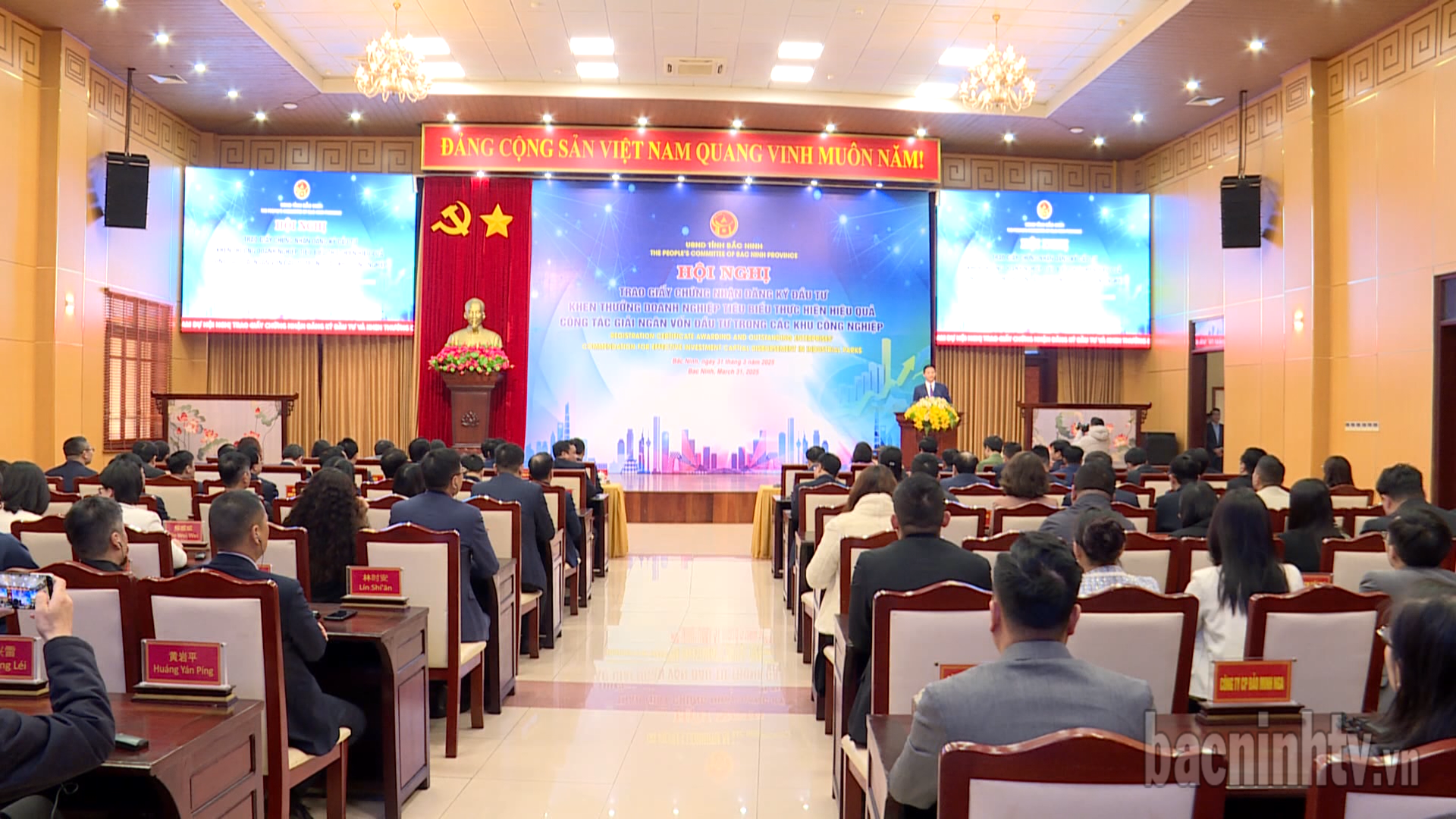
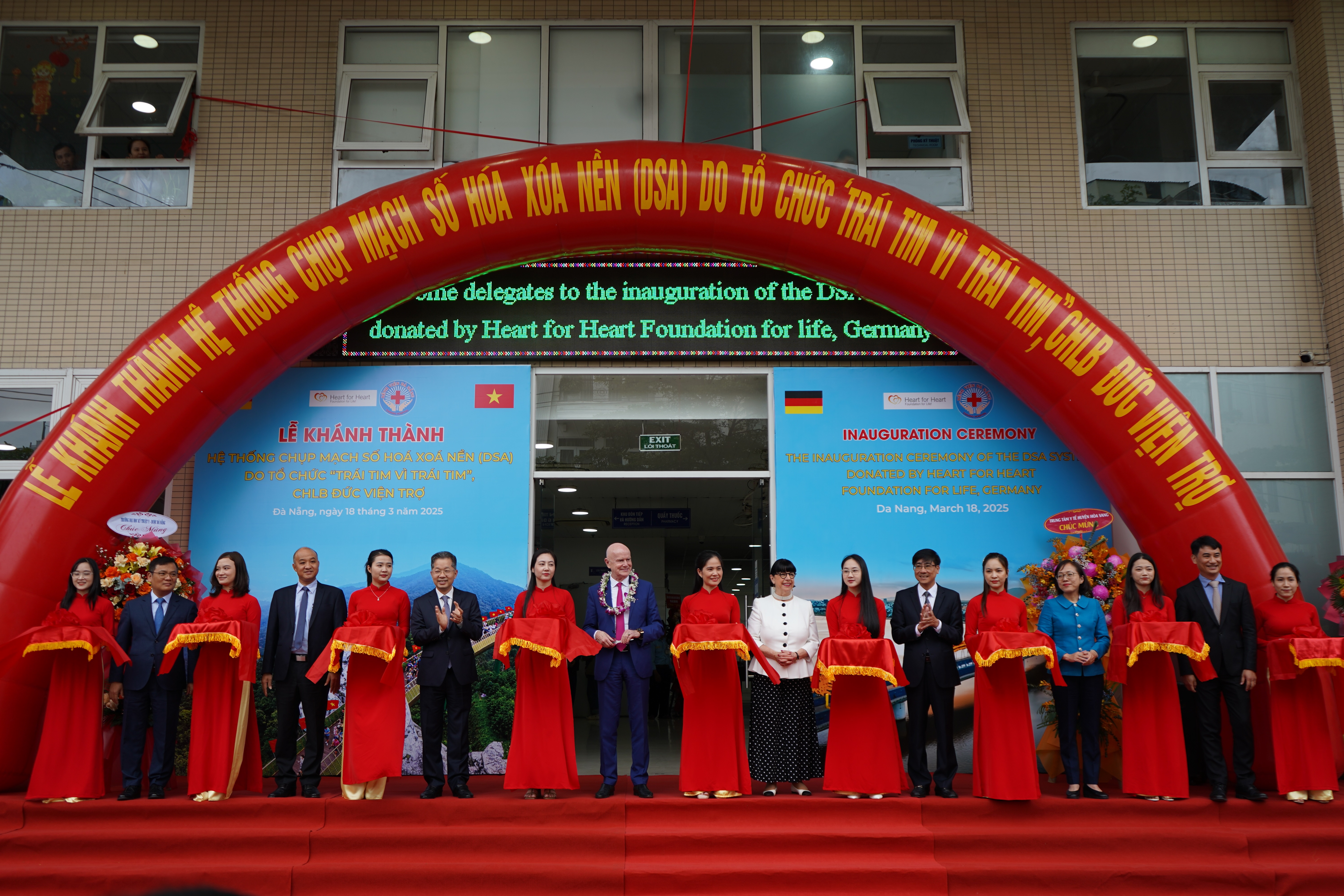

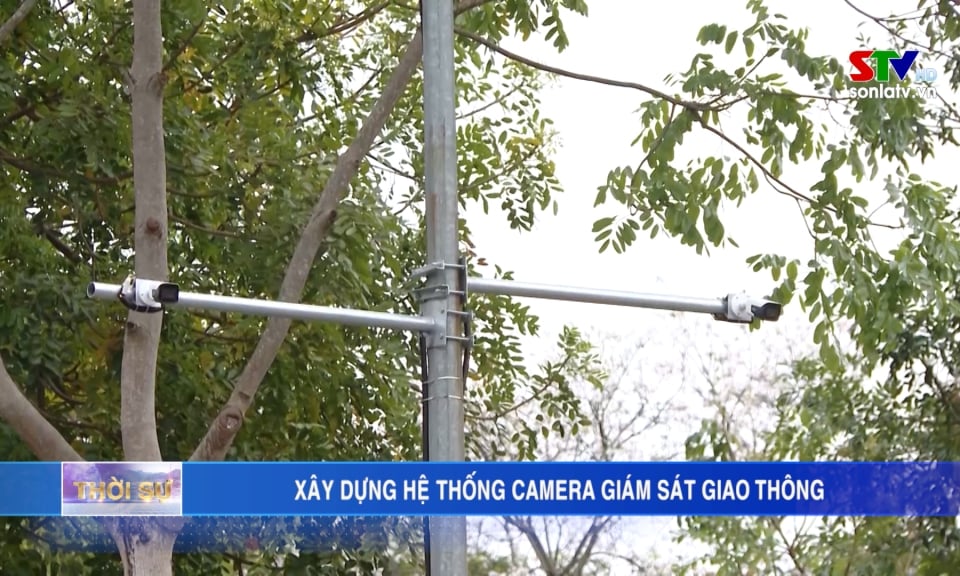



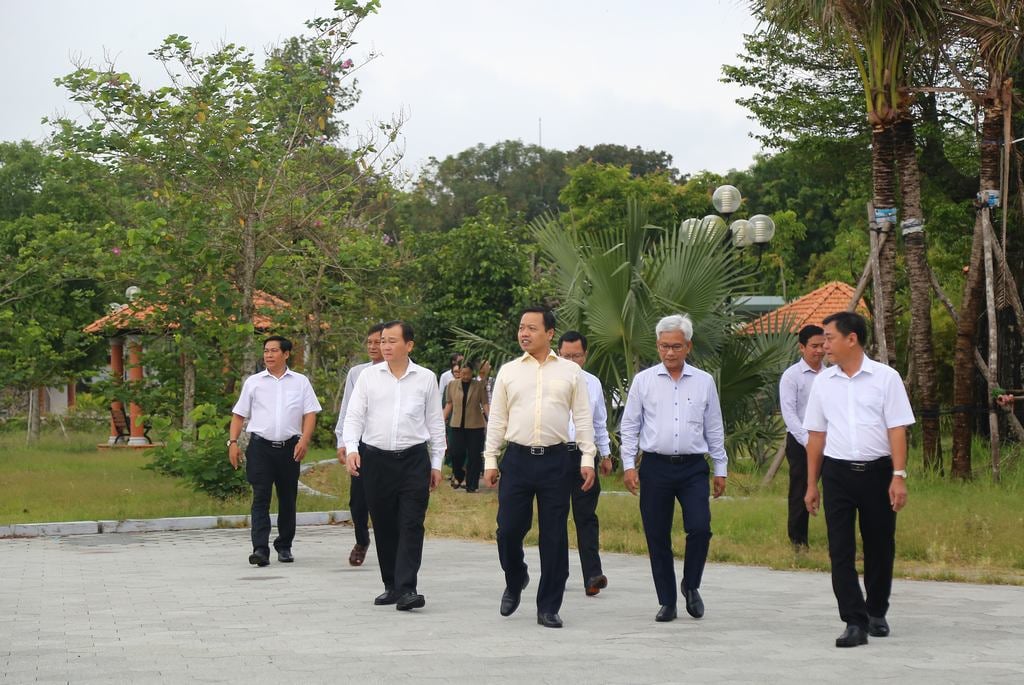
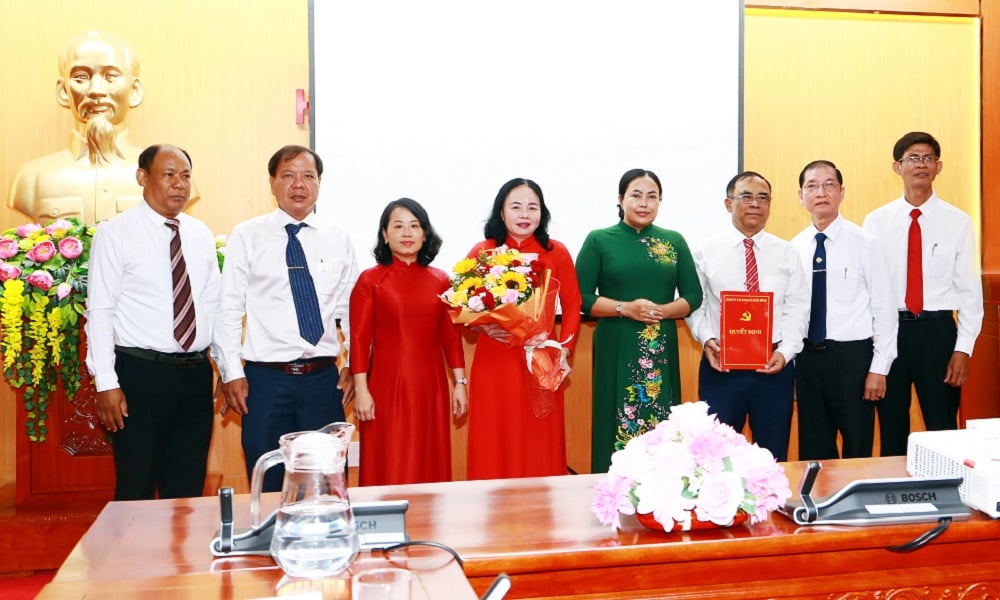
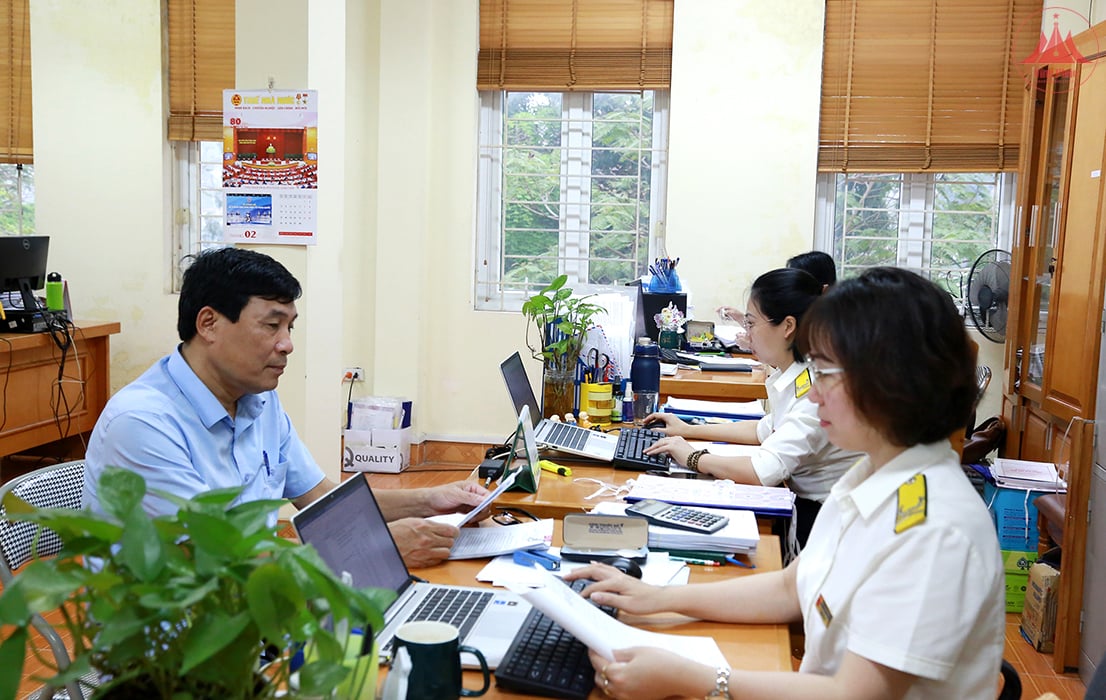
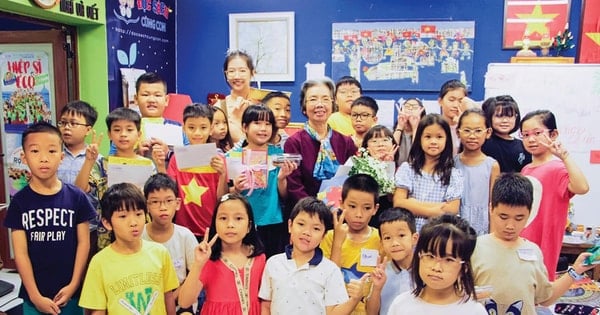
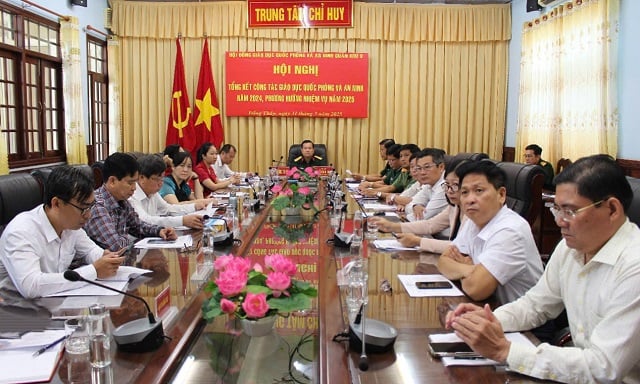

















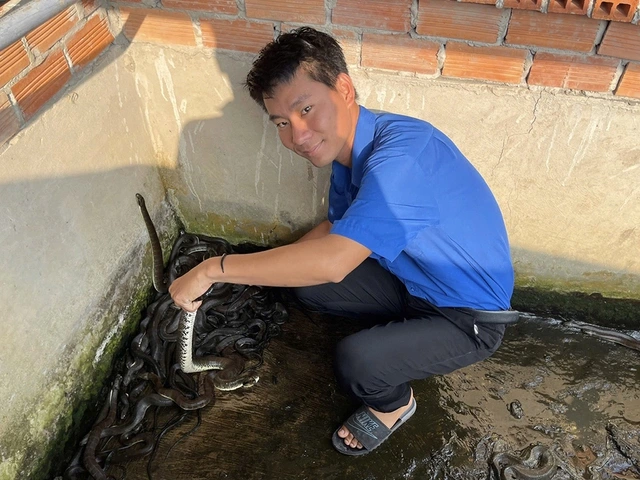




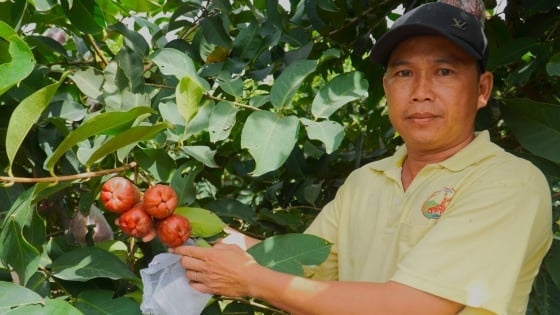















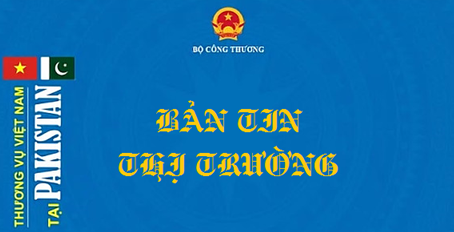

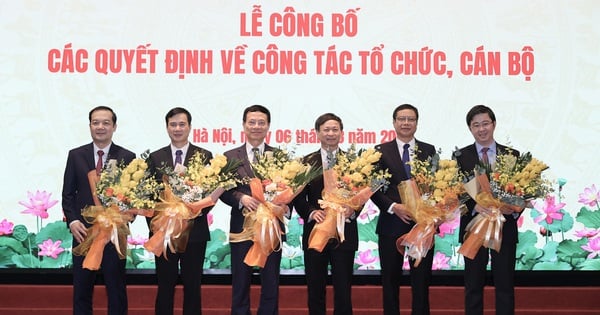


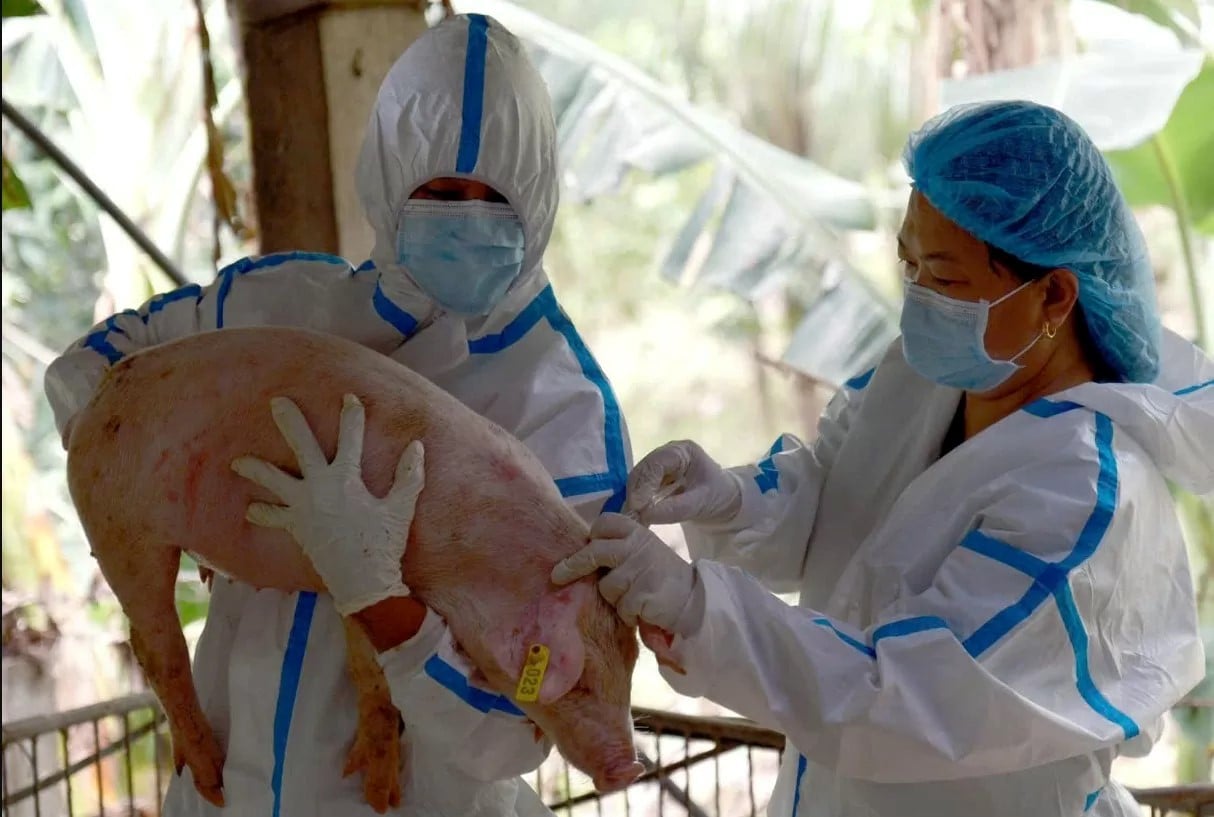



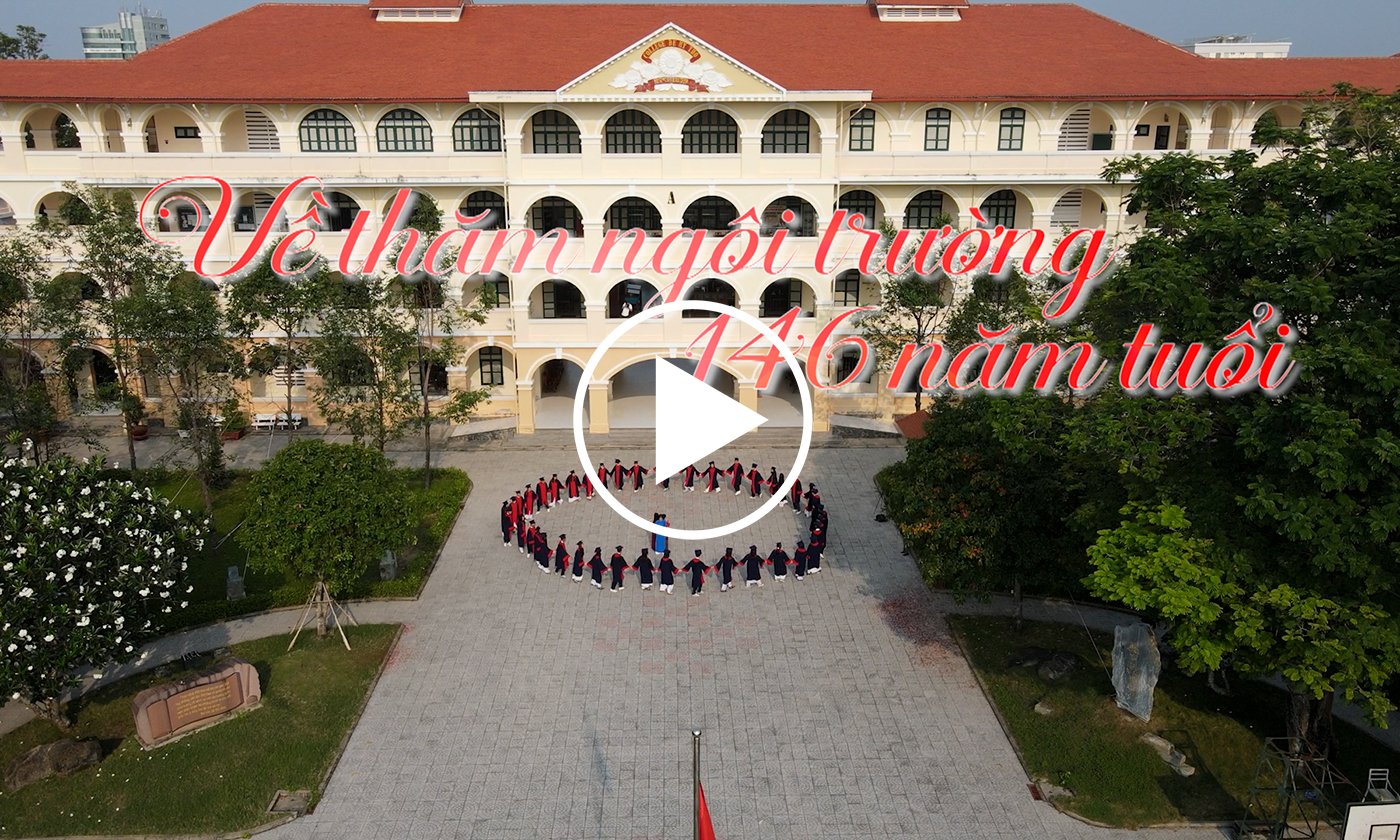

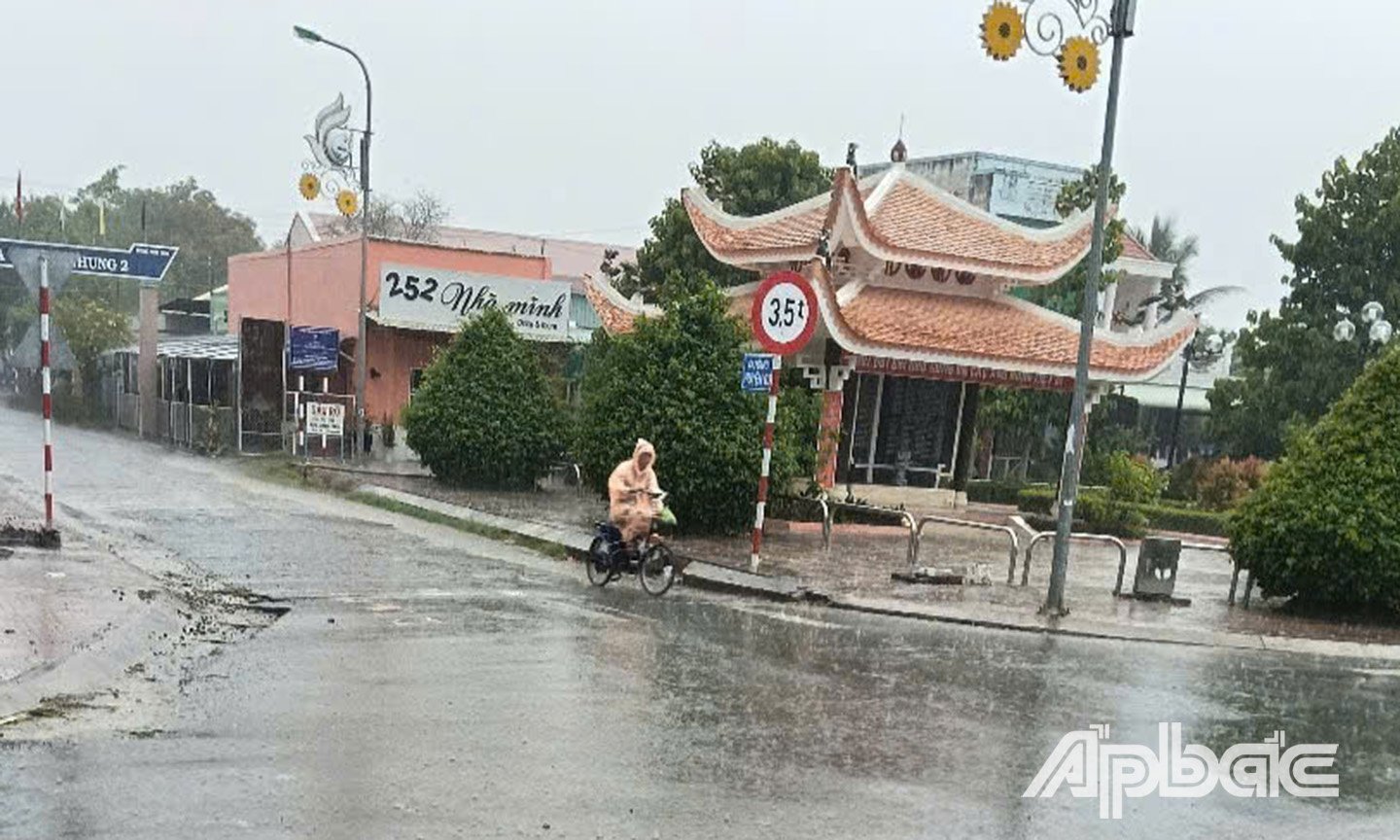
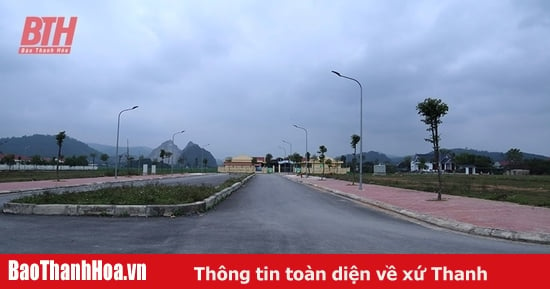











![[REVIEW OCOP] An Lanh Huong Vet Yen Cat](https://vstatic.vietnam.vn/vietnam/resource/IMAGE/2025/3/27/c25032328e9a47be9991d5be7c0cad8c)
Comment (0)